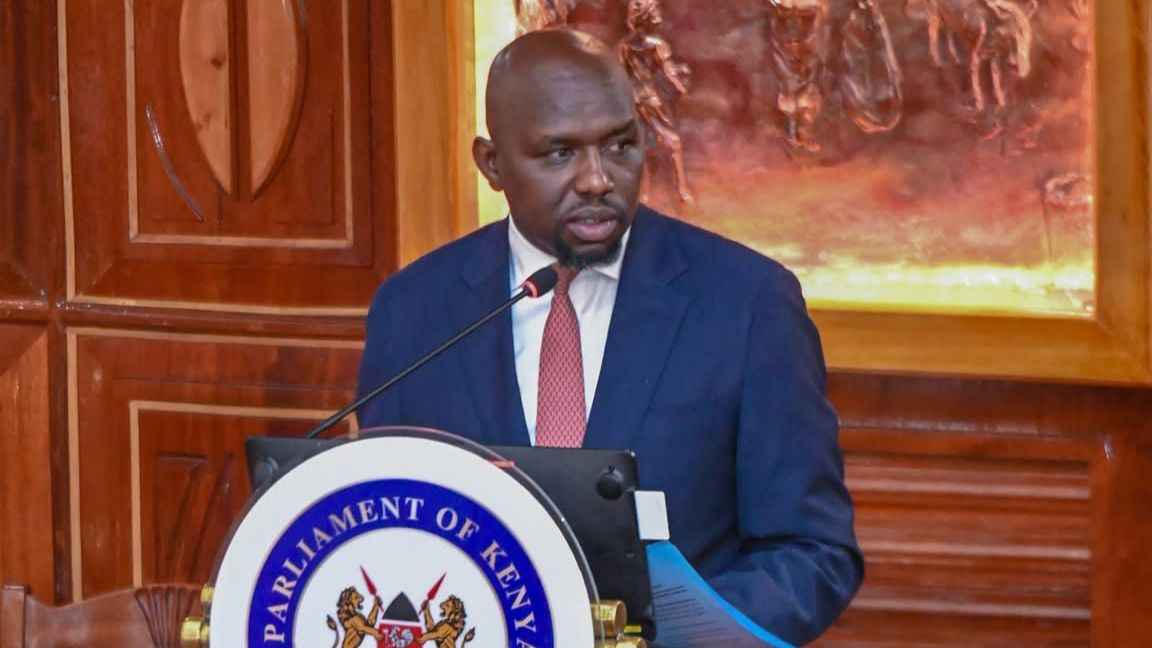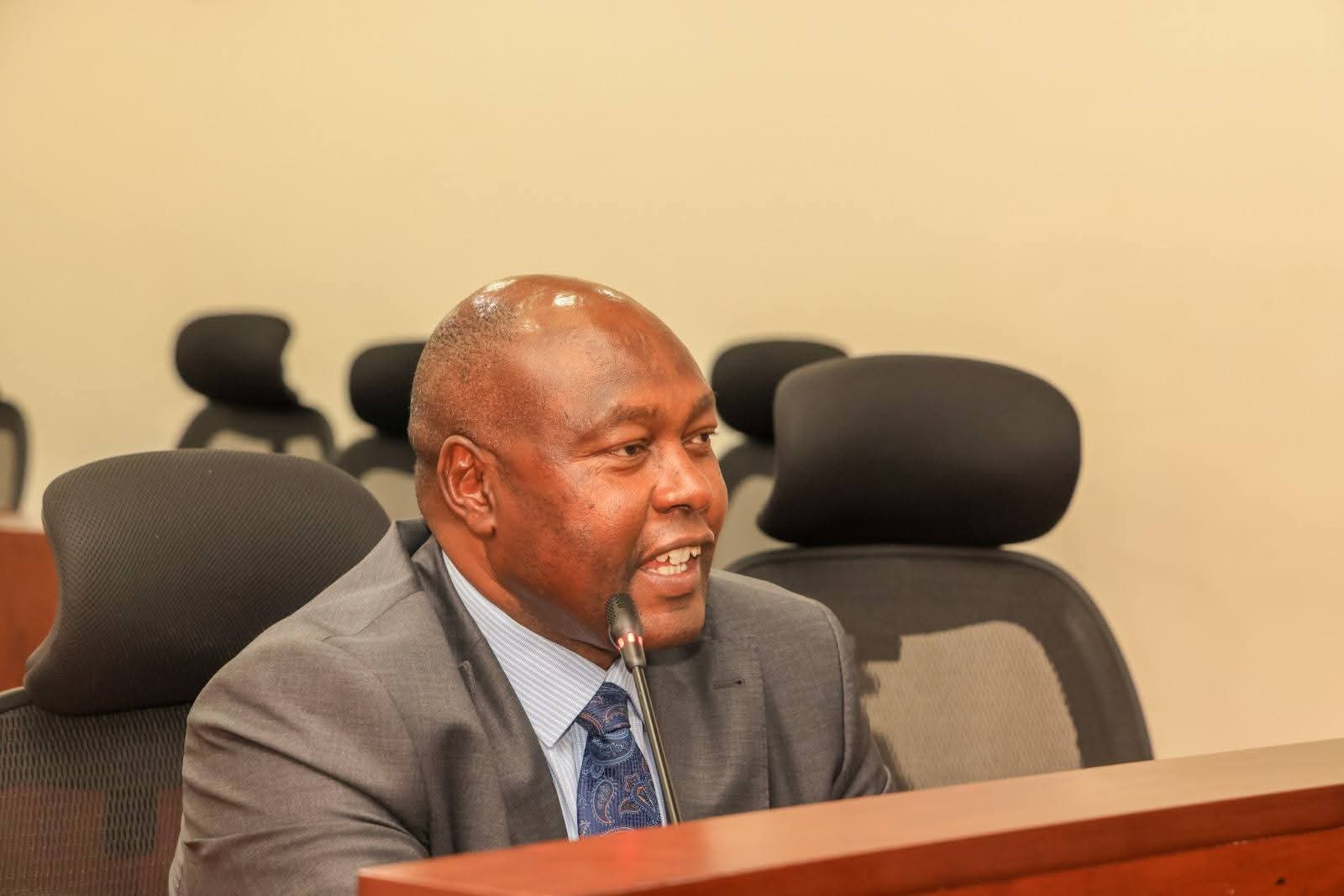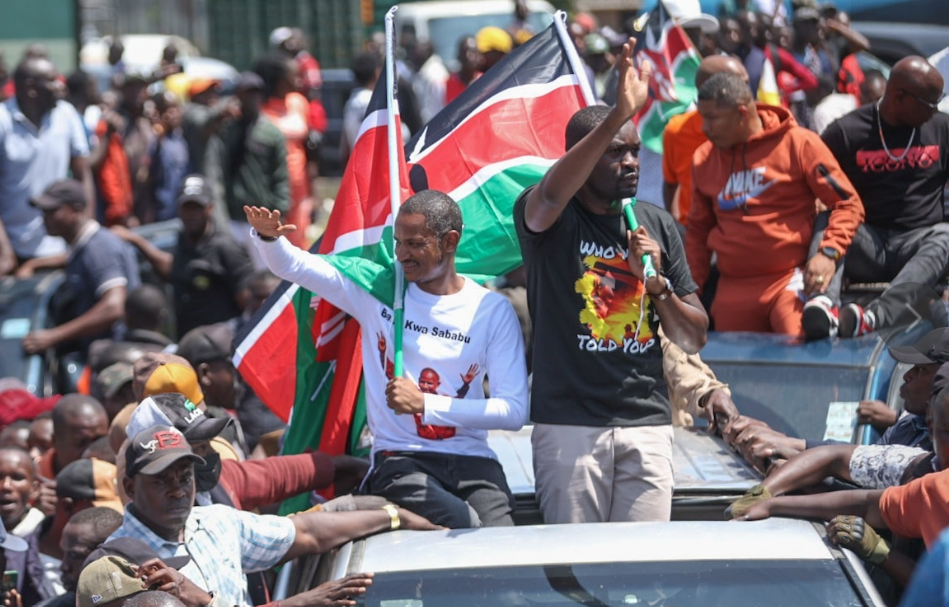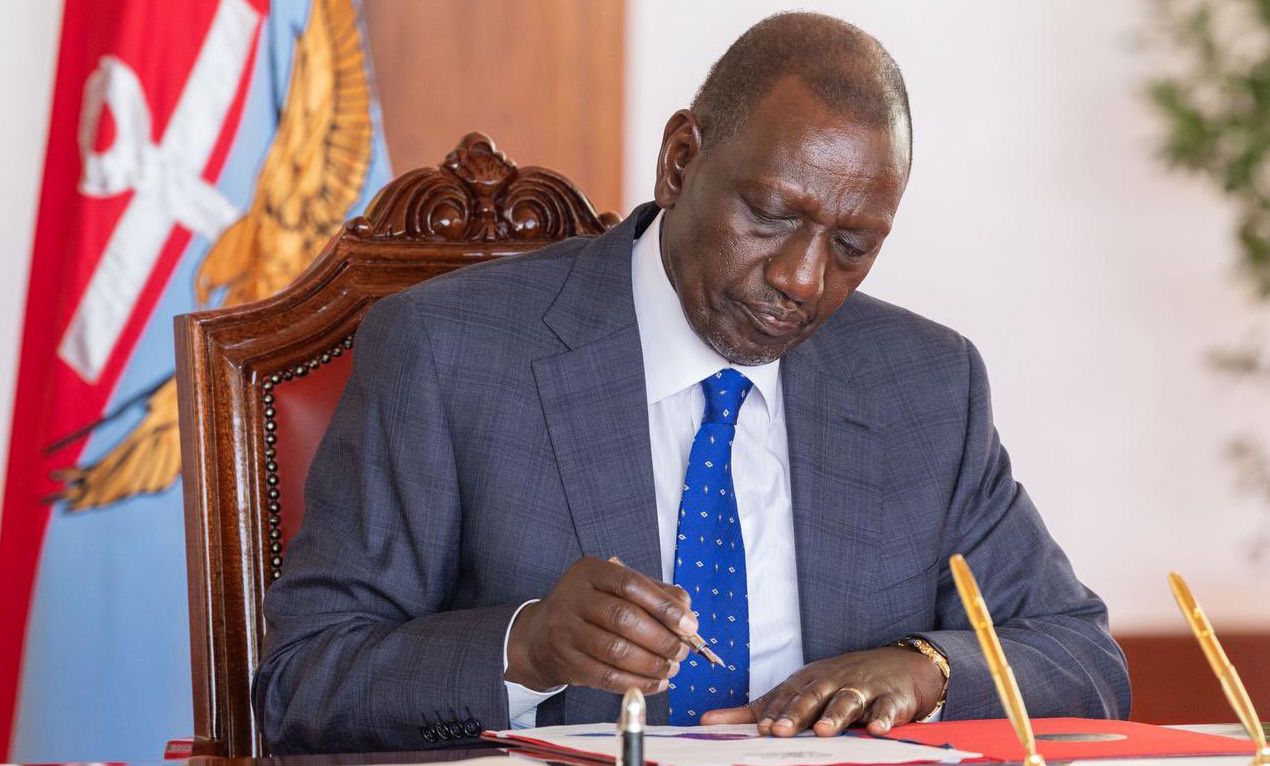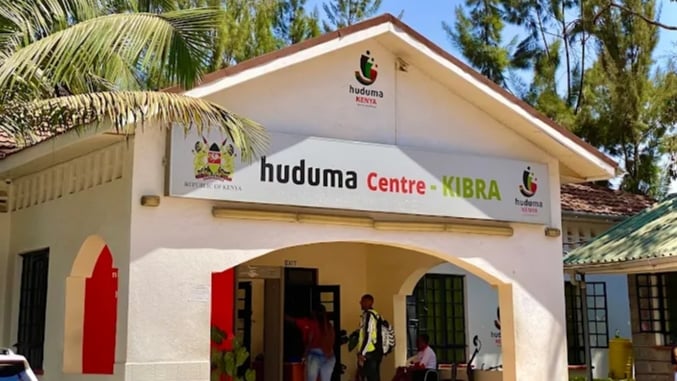Interior Cabinet Secretary Kipchumba Murkomen has issued a stern warning to alcohol manufacturers and traders in Kiambu County, threatening to revoke licenses and close businesses found manufacturing or selling illegal alcohol.
Speaking in Kiambu County on Monday, August 18, CS Murkomen expressed concern over the increased illicit alcohol in the region and its spread to neighboring Nairobi County.
"Here in Kiambu, those who have licenses for alcohol manufacturing are misusing that right and making illegal alcohol. Kiambu and Nairobi are in the same area, so alcohol also makes its way to Nairobi and vice versa," Murkomen said during his address.
The Cabinet Secretary warned that the government would take decisive action against manufacturers found violating their licensing terms.
"As we fight illicit and illegal alcohol here in Kiambu, I warn all those misusing their licenses that we will revoke them and close your factories if you continue manufacturing illegal alcohol," he stated.
Read More
Murkomen extended the warning to retail outlets, emphasizing that shops selling counterfeit alcohol would also face closure.
"Make sure you engage in legal businesses, or we will close your businesses. Those shops selling fake alcohol, we will close those ones as well," he declared.
The Interior CS also called on the Kiambu County Government to exercise more responsibility in issuing alcohol-related licenses, noting an imbalance in business types within the county.
"I'm urging the county government of Kiambu to take action and ensure they offer licenses responsibly. Here in Kiambu, restaurants are fewer compared to wines and spirits. Limit those alcohol licenses," Murkomen said.
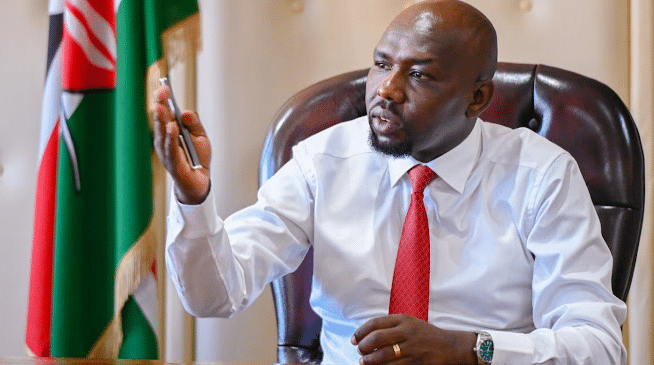
The Cabinet Secretary also warned against unauthorized alcohol sales from government establishments, stating that action would be taken against those creating unfair competition in the market.
"Prison canteens and other police joints only admit persons who are allowed by law to go there for refreshments and entertainment. So we expect police to only allow those legally allowed to go there," he explained. "If there are people selling alcohol from these canteens, we will take action so they don't create unnecessary competition in the market.”
The warning comes amid ongoing government efforts to combat the manufacture and sale of illicit alcohol, which has been blamed for numerous deaths and health complications across the country.
In March last year, the government revoked all licenses for second-generation alcohol manufacturers and noted that they would be issued afresh following the introduction of new guidelines, which include the establishment of special laboratories in the factories.
The then Interior CS Kithure Kindiki laid out stringent measures that required alcohol manufacturers to document all traders in their distribution chain for easy tracing and for the alcohol to contain details of the manufacturer, the location of the manufacturing plant, and the ingredients.
All manufacturers were also required to provide details of the premises where they manufacture their products to county security teams in an effort to tame the production of counterfeit liquor.

